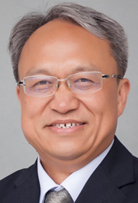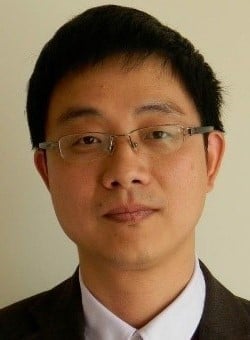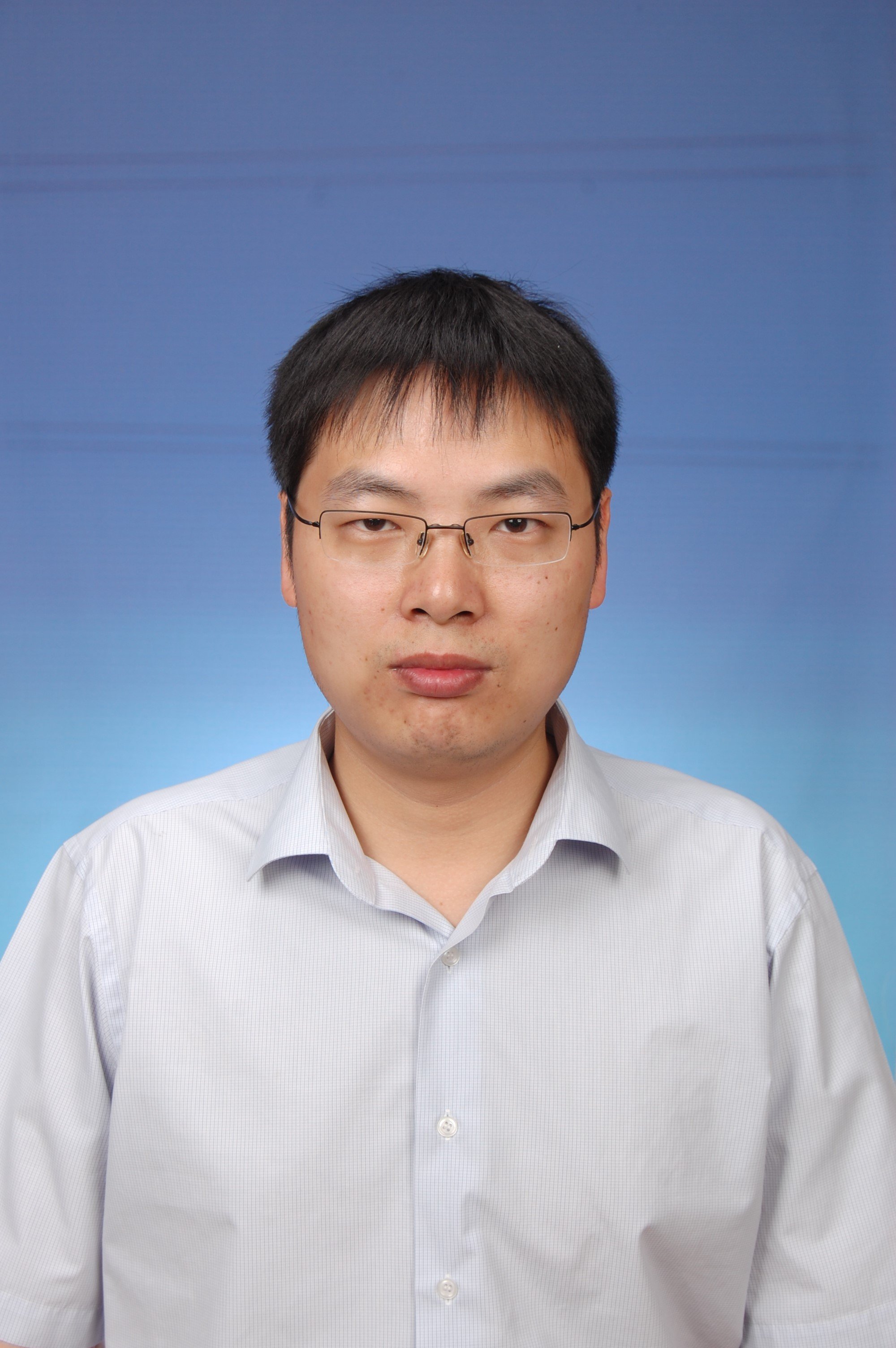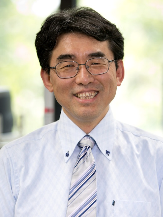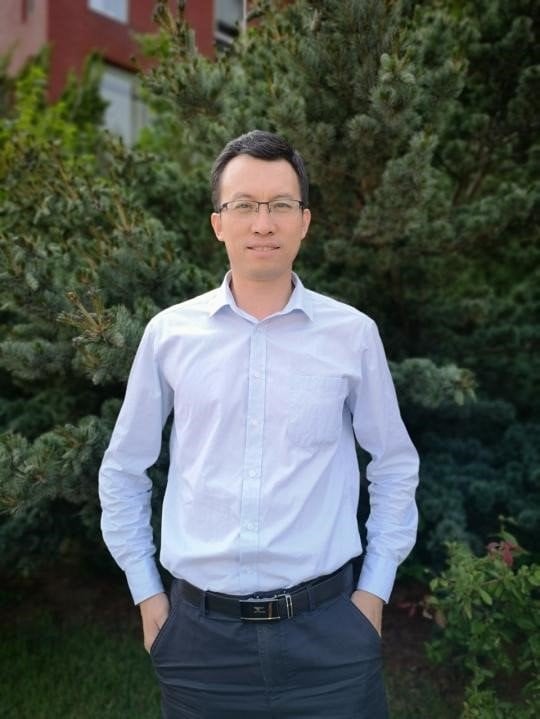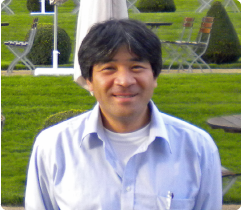Need Help?
28 June 2021
Catalysts | Asia–Pacific Academic Forum 2021

MDPI has provided several free open platforms that may help accelerate scientific exchange and support academics during this, particularly difficult period. Thanks to our brilliant technical support team, we are pleased to report that the Catalysts Asia–Pacific Academic Forum 2021 (CAAF 2021) is coming soon. This forum will last for one day only, including two sessions, and at the end of each session, we will take questions and allow time for discussion.
Session 1
Date and Time: 8 July 2021, 9:30 (CST-Asia) | 10:30 (JST)
Duration: 1.5 hours
Register for free here: https://us02web.zoom.us/webinar/register/WN_8CE4N7LeRPS5R5dck_lBqQ
Program:
|
Speakers/Presentations |
Time CST |
Time JST/KST |
|
Prof. Dr. Junhu Wang Insitu/Operando Mössbauer Spectroscopy and Highly Efficient Catalysts by Novel Strong Metal–Support Interactions |
9:30 |
10:30 |
|
Prof. Dr. Yi Gao Towards the Operando Simulation of Nanocatalysis |
10:00 |
11:00 |
|
Prof. Dr. Daojian Cheng Application of Structure Descriptor for Rational Design of Transition Metal Catalysts |
10:30 |
11:30 |
|
Q&A and Conclusions |
11:00 |
12:00 |
Session 2
Date and Time: 8 July 2021, 14:00 (CST-Asia) | 15:00 (JST)
Duration: 1.5 hours
Register for free here: https://us02web.zoom.us/webinar/register/WN_Hiu0B-vfRUWdHNJErZNrsA
Program:
|
Speakers/Presentations |
Time CST |
Time JST/KST |
|
Prof. Dr. Takeshi Ohkuma Catalytic Nucleophilic Isocycnation with Pd and Ag Catalysts |
14:00 |
15:00 |
|
Prof. Dr. Mingyuan Zheng Catalytic Conversion of Ethanol to 1,3-Butadiene over Hierarchical Structure Zeolite Based Catalysts |
14:30 |
15:30 |
|
Prof. Dr. Kotohiro Nomura Recent Development in Synthesis of Bio-Based Polymers by Metal Catalyzed Coordination/Metathesis Polymerization |
15:00 |
16:00 |
|
Q&A and Conclusions |
15:30 |
16:30 |
Keynote Speakers at CAAF 2021
|
|
Prof. Dr. Junhu Wang graduated from Lanzhou University (1991), majoring in radiochemistry, and received his Ph.D. in inorganic and radiochemistry from Toho University, Japan (2002). Today, he is a professor at and the director of the Center for Advanced Mössbauer Spectroscopy (DNL2005), DICP, CAS. He is also the secretary-general of the Mössbauer Effect Data Center, and executive chief editor of the Mössbauer Effect Reference and Data Journal. |
|
|
Prof. Dr. Yi Gao obtained his B.S. degree (1997) and Ph.D. degree (2002) at Nanjing University. He worked as a postdoctoral research scientist at the Hong Kong University of Science and Technology and the University of Nebraska-Lincoln. He joined the Shanghai Institute of Applied Physics, CAS, in 2012, before moving to the Shanghai Advanced Research Institute, CAS, in 2018. His research interests cover the theory and simulation of surface science, nanomaterials, and biomaterials. Recently, his research has mainly focused on the methodological development of the first-principle-based atomistic simulation of catalytic reactions under real reaction conditions at the macroscopic timescale. He has published over 150 peer-reviewed papers, including research articles in Science (2), Nature Catalysis (1), Nature Communications (7), Science Advances (2), JACS (11), Angewandte Chemie (5), and PRL (3), as well as invited review articles in Accounts of Chemical Research and Angewandte Chemie. |
|
|
Prof. Dr. Daojian Cheng is a professor and the deputy dean at the College of Chemical Engineering of the Beijing University of Chemical Technology and his work is mainly engaged in the theoretical design, preparation, and application of catalysts. His research directions include computational chemistry, electrocatalysis, and industrial catalysis. He has been published in 140 SCI papers (as the first or corresponding author) in mainstream international journals such as Nature Catalysis, PNAS, ACS Catal., and Ind. Eng. Chem. Res., which have been cited nearly 3000 times by SCI. More than 30 Chinese patents and software copyrights have been authorized or applied for with respect to his work. He also proposed a new method of catalyst design based on "structure descriptor". This method is simple and accurate in calculation and can efficiently screen catalysts. It has been successfully applied to the design of single-atom, electrochemical, and industrial catalysts. In addition, he proposed a new idea of combining multi-scale simulation, experiment, and industrial application to study metal alloy nanocatalysts, which has been successfully applied to the rational design and experimental verification of metal alloy nanocatalysts used in industrial reactions such as wastewater treatment and ethylene epoxidation. He has been named a Fellow of the Royal Society of Chemistry in 2016 and obtained an award from the National Natural Science Foundation of China--Outstanding Youth Foundation in 2018. |
|
|
Prof. Dr. Takeshi Ohkuma received his Ph.D. in 1991 from Nagoya University under the supervision of Professor Ryoji Noyori. After working with Prof. Paul A. Wender at Stanford University, he joined the ERATO Noyori Molecular Catalysis Project in 1992. In 1996, he became an associate professor at the Department of Chemistry of Nagoya University, and in 2004, he was promoted to professor at the Division of Applied Chemistry of Hokkaido University. He became the director of the Frontier Chemistry Center in 2013, and then served as the dean of the Graduate School of Chemical Sciences and Engineering at Hokkaido University from 2016 to 2018. His research focuses on the development of novel catalytic reactions that achieve a high level of reactivity and selectivity. Professor Ohkuma received the Progress Award in Synthetic Organic Chemistry, Japan, in 1997, the JSPS Prize in 2007, and the Japan Chemical Society Award for Creative Work in 2018. |
|
|
Prof. Dr. Mingyuan Zheng received his doctoral degree from the Dalian Institute of Chemical Physics (DICP), CAS, and then worked there and was promoted to professor. His current research interests focus on biomass conversion to high-value chemicals such as ethylene glycol, the catalytic upgrading of ethanol, as well as the synthesis and application of high-performance catalysts. He has undertaken many projects from NSFC, CAS, and international/domestic companies. He has published more than 70 peer-reviewed papers in widely circulating journals, such as Angew. Chem. Int. Ed., Energy Environ. Sci., ACS Catal., J. Catal., Green Chem., ChemSusChem, AIChE J., and Chem. Eng. J. He has filed more than 70 Chinese patents (>50 of which have been granted), and more than 10 PCT patents. |
|
|
Prof. Dr. Kotohiro Nomura finished his undergraduate and Master’s studies at Saitama University in 1986 and the University of Tokyo in 1988, respectively, before joining the Organic Synthesis Research Laboratory, Sumitomo Chemical Co., Ltd, as a research scientist. He received his Ph.D. degree in 1993 from Osaka University (by thesis submission, supervised by Prof. N. Sonoda), and joined the group of Prof. R. R. Schrock (MIT, USA) as a postdoctoral fellow for 2 years. He then returned to Sumitomo and moved to the Nara Institute of Science and Technology as an associate professor in 1998. He has been a full professor at the Department of Chemistry of Tokyo Metropolitan University since April 2010. His works have been published more than 320 times and he has received three major awards from the Chemical Society of Japan (1996, for Young Chemists in Industry), Catalysis Society of Japan (Society Awards in the industrial field (2001) and the academic field (2019)). His recent research has focused on the design of molecular catalysts for efficient carbon–carbon bond formation and chemo-specific organic transformations. |
To access more detailed information, please see the CAAF 2021 official website: https://sciforum.net/event/CAAF2.

